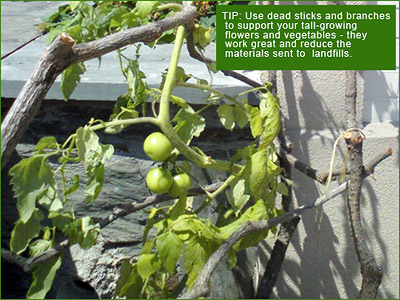New England Gardening Advice By the Month -July
Last Updated:
No matter where you are in New England- Summer is alive and well, with periodic heat waves followed by thunderstorms and cool breezes for a day or two. It is the cycle of mid-summer weather that makes for the phrase, "if you don't like the weather, wait 10 minutes!"
If you followed our advice last month, your garden is complete and the growth is in full-swing. Your spring-flowering bushes have done their thing and you have followed up with a healthy pruning of their branches in anticipation of next year's flowers. Along with the plants you put in the ground, mother nature has thrown in its own supply of plants to accompany them - WEEDS!

There are a few ways to deal with weeds. We prefer a very easy method that accomplishes a few goals in one step- adding a thick (2-3 inch) layer of organic mulch around your plants that is at least 50 percent peat moss. The best part - you simply cover the weeds with the mulch and you don't have to do any weeding! If the layer is thick enough, the plants can't make it through, end up rotting beneath the layer and adding even more organic matter to your garden. The second thing it does is protect your plants during the hottest days of the summer, reducing your need to water by trapping any moisture around the base of the plant and its roots. From there, you simply manage the occasional weed that pops through the old-fashioned way, with your hand. Believe it or not, very few will make it up past your mulch barrier and what little weeding you have to do is minor- just stop by the garden each day or two for five minutes and the job is done!
If you insist on dealing with weeds by pulling, keep in mind that every time you pull a weed near your plants, you are disturbing their roots, making them more susceptible to drying out and stunting their growth. Once plants have established their root systems, most do not like to be disturbed at all during the active growth and flowering phase when they need the most water and nutrients.
If you are a gardener who has poor soil or who likes to use fertilizer, this is probably the last month you should apply it. Growth for many plants will begin to slow in the month ahead as the days become shorter and the nights longer. See you next month for more updates and tips.